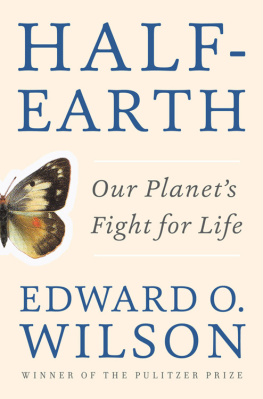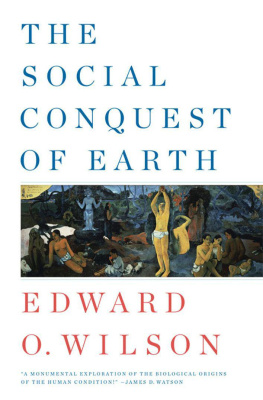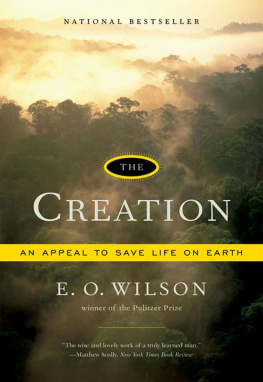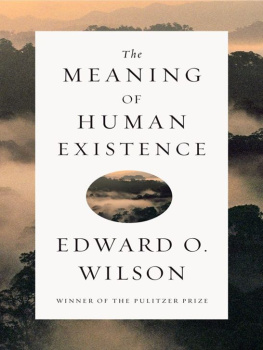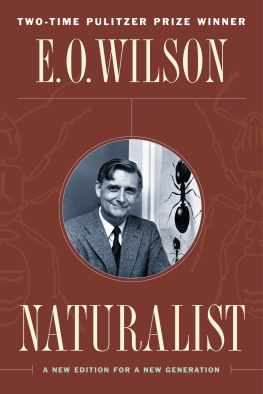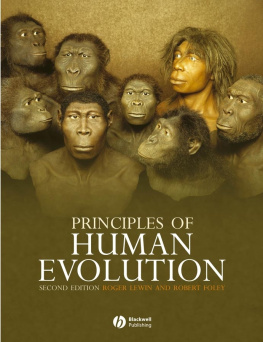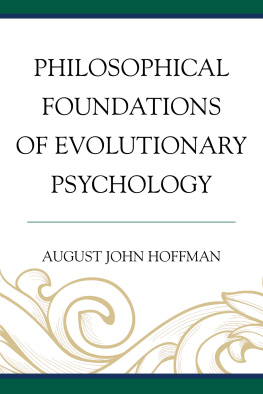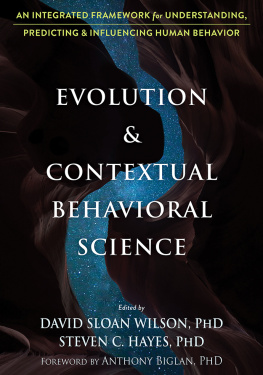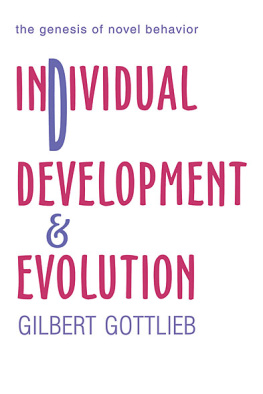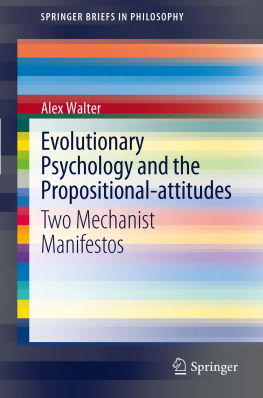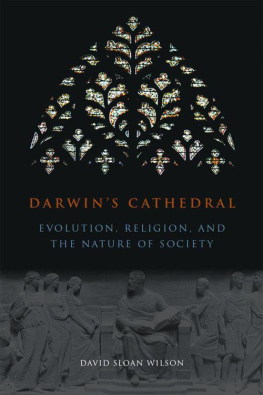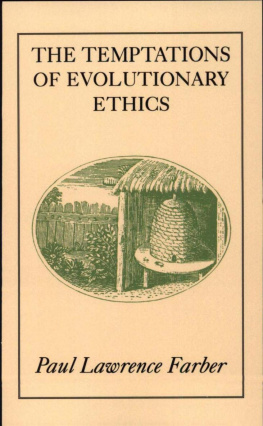Contents
Guide
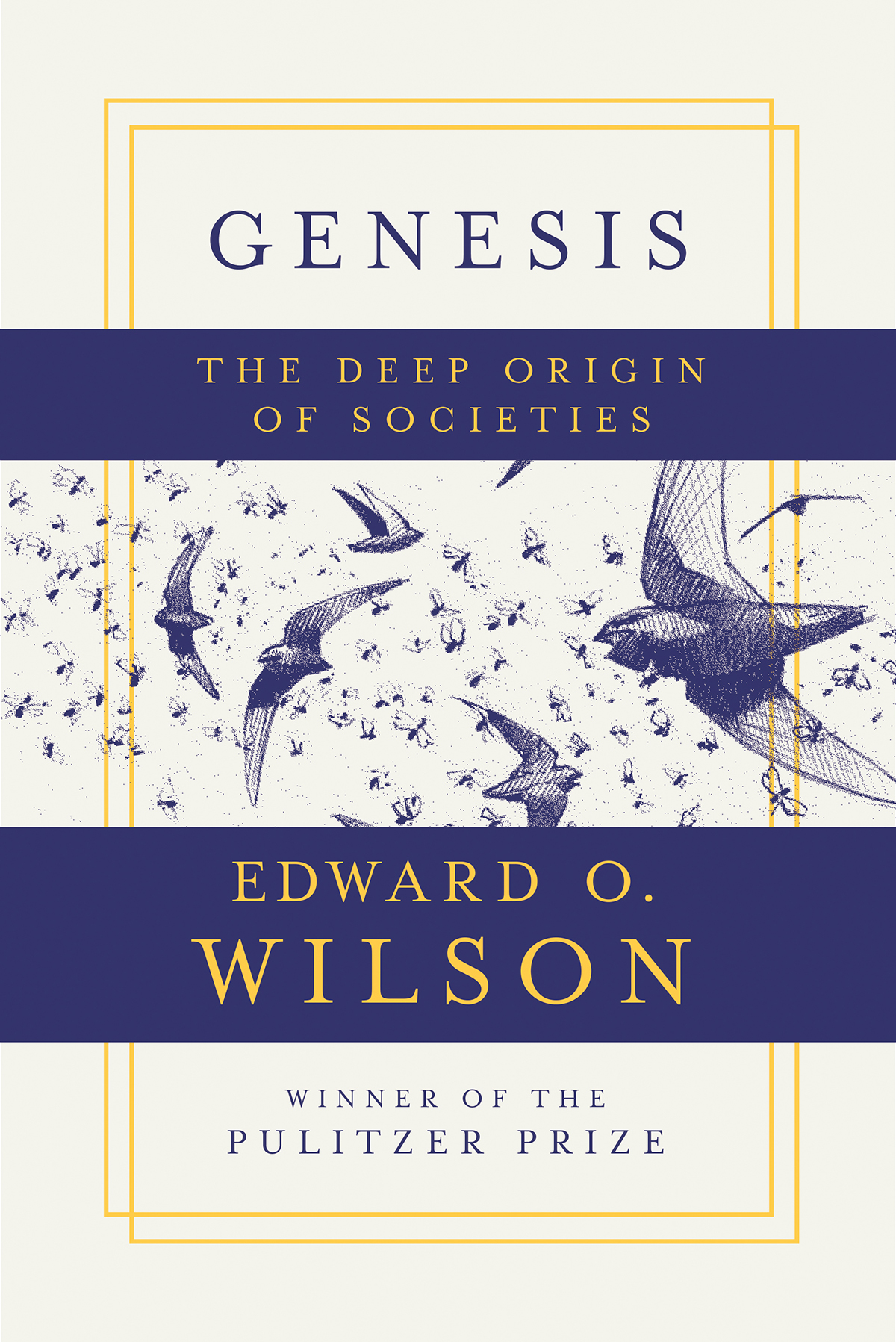
A LSO BY E DWARD O. W ILSON
The Origins of Creativity (2017)
Half - Earth : Our Planets Fight for Life (2016)
A Window on Eternity:
A Biologists Walk Through Gorongosa National Park (2014)
The Meaning of Human Existence (2014)
Letters to a Young Scientist (2013)
The Social Conquest of Earth (2012)
Why We Are Here: Mobile and the Spirit of a Southern City , with Alex Harris (2012)
The Leafcutter Ants: Civilization by Instinct ,
with Bert Hlldobler (2011)
Kingdom of Ants: Jos Celestino Mutis and the Dawn of Natural History in the New World ,
with Jos M. Gmez Durn (2010)
Anthill: A Novel (2010)
The Superorganism:
The Beauty, Elegance, and Strangeness of Insect Societies ,
with Bert Hlldobler (2009)
The Creation: An Appeal to Save Life on Earth (2006)
Nature Revealed: Selected Writings, 1949 2006 (2006)
From So Simple a Beginning: The Four Great Books of Darwin , edited with introductions (2005)
Pheidole in the New World: A Hyperdiverse Ant Genus (2003)
The Future of Life (2002)
Biological Diversity: The Oldest Human Heritage (1999)
Consilience: The Unity of Knowledge (1998)
In Search of Nature (1996)
Journey to the Ants: A Story of Scientific Exploration ,
with Bert Hlldobler (1994)
Naturalist (1994); new edition, 2006
The Diversity of Life (1992)
The Ants , with Bert Hlldobler (1990);
P ULITZER P RIZE , G ENERAL N ONFICTION , 1991
Success and Dominance in Ecosystems:
The Case of the Social Insects (1990)
Biophilia (1984)
Promethean Fire: Reflections on the Origin of the Mind ,
with Charles J. Lumsden (1983)
Genes, Mind, and Culture , with Charles J. Lumsden (1981)
On Human Nature (1978);
P ULITZER P RIZE , G ENERAL N ONFICTION , 1979
Caste and Ecology in the Social Insects ,
with George F. Oster (1978)
Sociobiology: The New Synthesis (1975); new edition, 2000
A Primer of Population Biology , with William H. Bossert (1971)
The Insect Societies (1971)
The Theory of Island Biogeography ,
with Robert H. MacArthur (1967); reprinted, 2001

Copyright 2019 by Edward O. Wilson
Illustrations copyright 2019 by Debby Cotter Kaspari
All rights reserved
First Edition
For information about permission to reproduce selections from this book,
write to Permissions, Liveright Publishing Corporation, a division of
W. W. Norton & Company, Inc.,
500 Fifth Avenue, New York, NY 10110
For information about special discounts for bulk purchases, please contact
W. W. Norton Special Sales at specialsales@wwnorton.com or 800-233-4830
Book design by Lovedog Studio
Production manager: Anna Oler
T he Library of Congress has cataloged the printed edition as follows:
Names: Wilson, Edward O., author. | Kaspari, Debby Cotter, illustrator.
Title: Genesis : the deep origin of societies / Edward O. Wilson ; illustrated by Debby Cotter Kaspari.
Other titles: Deep origin of societies
Description: New York : Liveright Publishing Corporation, a division of
W. W. Norton & Company, [2019] | Includes bibliographical references and index.
Identifiers: LCCN 2018050101 | ISBN 9781631495540 (hardcover)
Subjects: LCSH: Animal behavior. | Behavior evolution. | Behavior genetics.
Classification: LCC QL751 .W55 2019 | DDC 591.5dc23
LC record available at https://lccn.loc.gov/2018050101
ISBN: 9781631495557 (ebook)
Liveright Publishing Corporation, 500 Fifth Avenue, New York, N.Y. 10110
www.wwnorton.com
W. W. Norton & Company Ltd., 15 Carlisle Street, London W1D 3BS
CONTENTS
A LL QUESTIONS OF PHILOSOPHY THAT ADDRESS the human condition come down to three: what are we, what created us, and what do we wish ultimately to become. The all-important answer to the third question, the destiny we seek, requires an accurate answer to the first two. By and large, philosophers have lacked confirmable answers to the first two questions, which concern the deep prehuman and human past, thereby remaining unable to answer the third question, which addresses the human future.
As I now approach the end of a long career studying the biology of social behavior in animals and humans, Ive come better to understand why these existential questions defy introspection by even the wisest of thinkers, and, more importantly, why they have been so easily enslaved by religious and political dogma. The principal reason is that while science and its attendant technology have grown exponentially, with a doubling time of one to several decades according to discipline, they have only recently begun to address the meaning of human existence in an objective and persuasive manner.
For most of history, organized religions have claimed sovereignty over the meaning of human existence. For their founders and leaders the enigma has been relatively easy to solve. The gods put us on Earth, then they told us how to behave.
Why should people around the world continue to believe one fantasy over another out of the more than four thousand that exist on Earth? The answer is tribalism, and, as I will show, tribalism is one consequence of the way humanity originated. Each of the organized or otherwise public religions as well as scores of religion-like ideologies defines a tribe, a tightly knit group of people joined by a particular story. The history and moral lessons it contains, often colorful, even bizarre in content, are accepted as basically unalterable and, more importantly, superior to all competing stories. The members of the tribe are inspired by the special status the story gives them, not just on this planet but on all other of the multitude of planets in each of the trillion galaxies estimated to compose the known universe.
And best of all, cosmic faith is the bargain price asked for guaranteed personal immortality.
In The Descent of Man (1871), Charles Darwin brought the whole subject into the purview of science by suggesting that humanity descended from African apes. Shocking as that was at the time, and still unacceptable to many, the hypothesis has nonetheless proved correct. An understanding of how the great transition from ape to human occurred has been steadily improved since, chiefly by a consortium of researchers in five modern disciplines: paleontology, anthropology, psychology, evolutionary biology, and neuroscience. As a result of the combined labors of scholars in these disciplines we have today an increasingly clear picture of the real creation story. We know a good deal about how humanity was born, and when, and how.
This factual story of the creation has turned out to be vastly different from that first believed not just by theologians but also by most scientists and philosophers. It fits the evolutionary histories of other, nonhuman lines, of which seventeen have so far been found to possess advanced societies based on altruism and cooperation. These are the subjects of the sections immediately to follow.
In later pages Ill take up a closely related subject, also in an early stage of investigation by scientists. What was the force that made us? What, exactly, replaced the gods? This remains a source of contention among scientists, which I will try fully and fairly to address.
GENESIS



